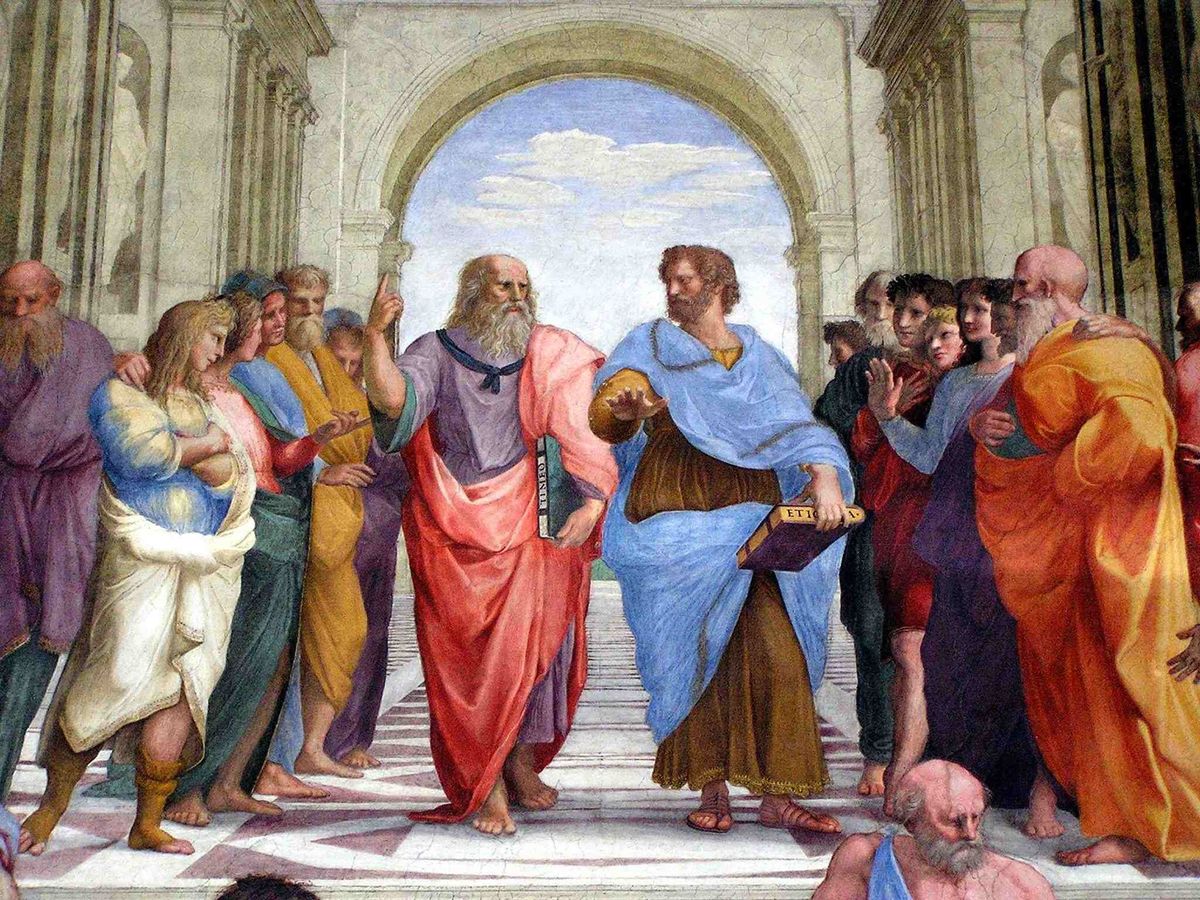Taking a step backward to move forward

Plato had a strong intuition, but he did not turn it into a rational way to define concepts. Aristotle settled for a way to describe objects. Geneosophy deals with concepts.

Plato had a strong intuition, but he did not turn it into a rational way to define concepts. Aristotle settled for a way to describe objects. Geneosophy deals with concepts.

Every year, thousands of bright minds enter neuroscience programs driven by a profound question: How does the brain work? They emerge years later with advanced degrees, sophisticated experimental techniques, and an uncomfortable realization—despite accumulating vast amounts of data about neural mechanisms, the fundamental mystery remains unsolved. We can map

The Alchemist's Equivalence: a dialogue. Dr. John Computationalist, a computer scientist, sits across from Dr. Marcus Doubtful, a physicist turned philosopher. John: Look, Marcus, I think you're being way too doom-and-gloom about where we're headed. Yeah, sure, we don't have all the

You check your blog and realize it's been eleven months since your last post—ironically, that post was itself a reassurance that you were still around after a previous silence. Time has a peculiar way of dissolving when you're immersed in work. Eleven Months In that

The truth is, I've been busy with a significant breakthrough: the first implementation of a Geneosophic expression. Specifically, I've been working on the conceptual expression of a neuron, which can be verified in the third person and executed on a computer.